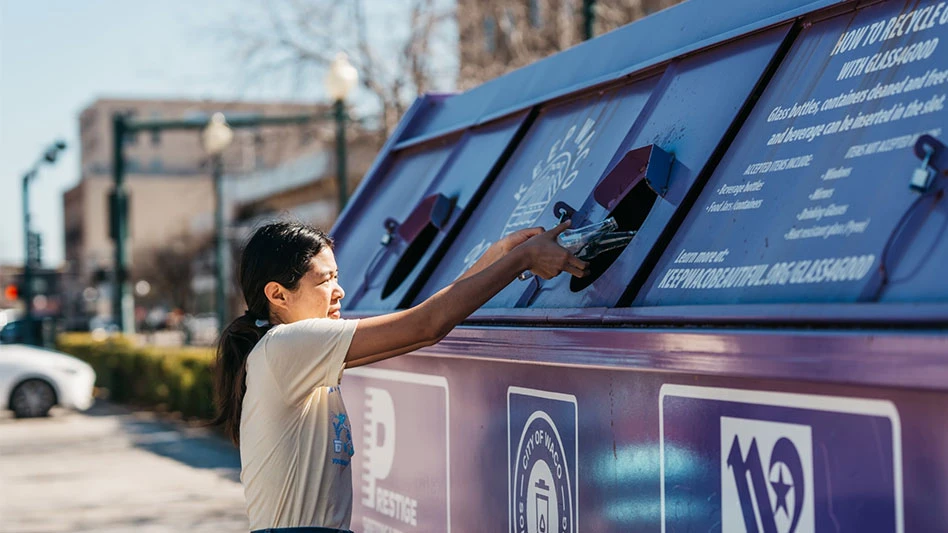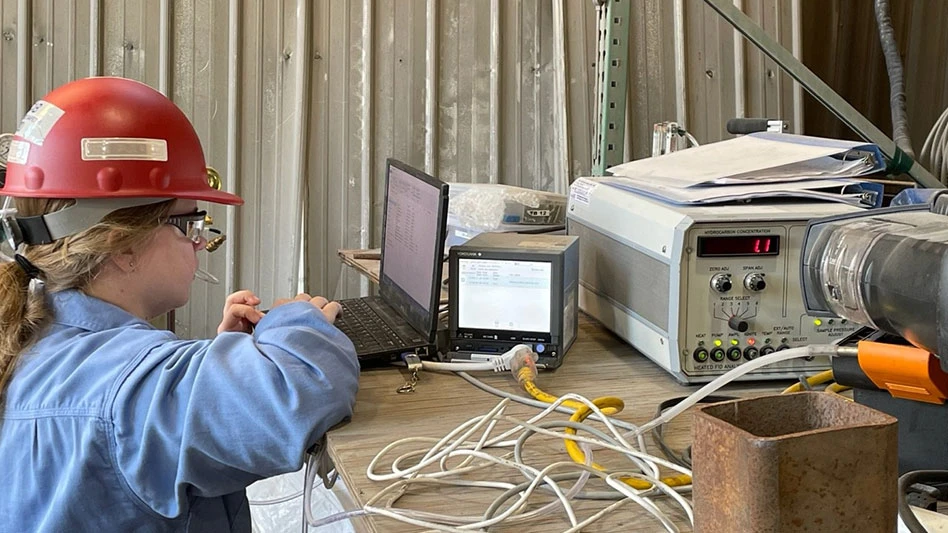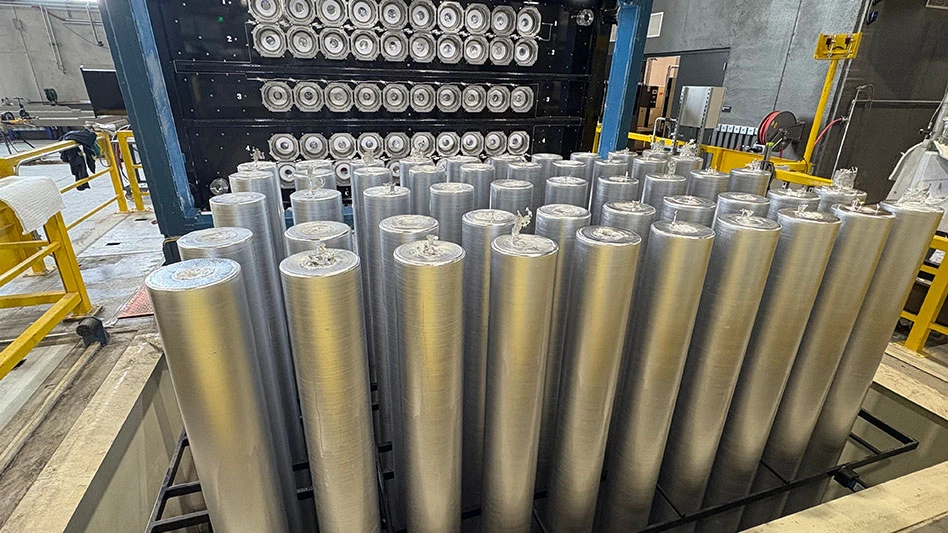
Riverdale Global, based in Aston, Pennsylvania, and TimePlast, Coral Gables, Florida, have teamed up to introduce a line of liquid additives that dramatically reduces the life span of plastic, potentially reducing problems with pollution from single-use plastic containers.
In addition, the additives—offered by Riverdale Global under the name +Green/TimePlast—improve the recyclability of plastics, says Manuel Rendon, CEO of TimePlast and the inventor of the technology. They can be used in virgin and recycled plastics.
The science
Developed by TimePlast, the +Green/TimePlast additives are synthetic enzymes that, when introduced to plastic and heated, break the chemical bonds. Those bonds are substituted with weaker links, resulting in a re- engineered plastic that degrades more quickly than untreated plastic, says Chuck Irish, Riverdale Global vice president of product development. However, for short-term use, the plastic exhibits nearly the same properties as untreated plastic.
“We have done physicals on the active component in the plastic, and it hasn’t hurt the physicals,” Irish says. “We have a number of applications for PET that people are very interested in now.”
In combination with TimePlast’s technology, Riverdale Global is offering its carrier technology and computerized delivery system to dose the additives.
The companies have versions of +Green/TimePlast that work with polyethylene terephthalate (PET), poly- propylene, polyethylene (PE) and polystyrene.

The environment and other variables can affect the rate of decomposition, so it’s impossible to predict how quickly plastics treated with +Green/TimePlast will break down, Rendon says. However, as an example, if a PET bottle would normally break down in 750 years, a bottle made with +Green/TimePlast could break down in as little as 15 years. And, unlike untreated plastics, which degrade into micro- plastics that are damaging to the environment, plastics treated with +Green/TimePlast leave behind mostly wax, which is harmless, the companies say.
Undergoing trials
The additives are commercially available but still are undergoing trials in the United States and Europe. In light of nondisclosure agreements, Riverdale Global and TimePlast are not naming the companies that are engaged in the trials.
During the past five years, in the course of their development, +Green/TimePlast additives have been tested in more than 1,200 experiments. The treated plastics are indistinguishable from untreated plastics in terms of quality, according to Riverdale Global.
The +Green/TimePlast additives also are compatible with recycling, Rendon and Irish say.
The companies state that not only can bottles treated with +Green/TimePlast be recycled, but the additives improve the recycling stream because a +Green/TimePlast- altered plastic has fewer crosslinks, less density and a lower melting point than nontreated plastic.
Tests with high-density PE have shown that plastic altered with +Green/TimePlast retains 98 percent of its impact resistance after recycling, which is much greater than untreated plastic, the companies say.
“That tells you that we not only don’t negatively affect the recycling of high-density polyethylene, but there is a benefit to using TimePlast,” Rendon adds.
Tests following standards established by the Association of Plastic Recyclers (APR), Washington, show that clear, +Green/TimePlast-treated PET can be recycled up to four times without exhibiting color defects, he adds. Normally, recycled PET becomes darker after it is recycled.
“Regular plastic loses quality in the recycling stream faster than TimePlast-altered plastic,” Rendon says.
Riverdale Global describes +Green/TimePlast as a low-cost product because 1 pound of the additive can alter 1,000 pounds of plastic.
Get curated news on YOUR industry.
Enter your email to receive our newsletters.

Explore the February 2019 Plastics Recycling Issue
Check out more from this issue and find your next story to read.
Latest from Recycling Today
- Researchers consider recycling lottery outcomes
- Veolia plans large-scale plastics recycling facility in UK
- Ecore acquires New York tire processing firm
- Closed Loop Partners adds private equity managing director
- European Commission drafts new rules for chemically recycled content in plastic bottles
- Redwood Materials launches Redwood Energy
- Cirba Solutions announces new human resources executive
- Cascades to close packaging site in Niagara Falls, New York





